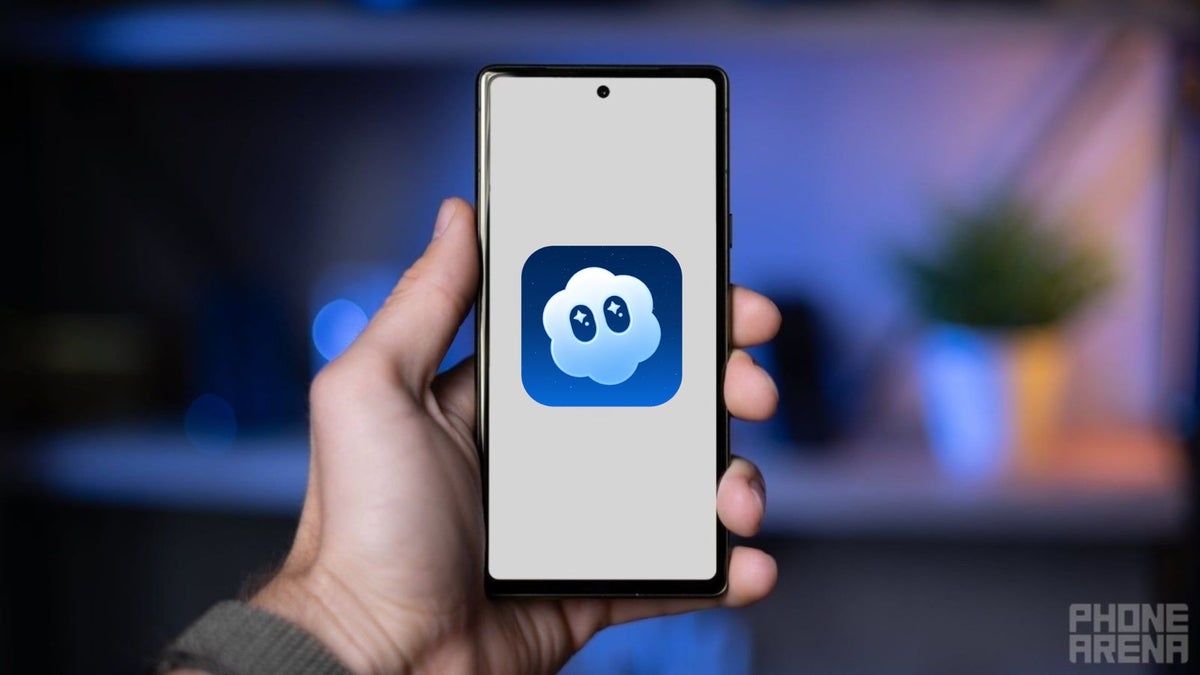“AI is no longer just a tool; it is an integral part of the development experience.” argues the GitHub blog. Therefore, “Agents should not be forced. They should work the way you already work…”
That’s why this week GitHub announced “Agent HQ,” which CNBC describes as a “mission control” interface “that will allow software developers to manage encryption agents from multiple vendors on a single platform“.
Developers have a range of new capabilities at their fingertips thanks to these agents, but it can take a lot of effort to keep track of all of them individually, said GitHub COO Kyle Daigle. Developers will now be able to manage agents from GitHub, OpenAI, Google, Anthropic, xAI, and Cognition in one place with Agent HQ. “We want to bring some order to the chaos of innovation,” Daigle told CNBC in an interview. “With so many different agents, there are so many different ways to start these asynchronous tasks, so our big opportunity here is to bring all of this together.” Agent HQ users will be able to access a command center where they can assign, direct and monitor the work of multiple agents…
External agents will begin rolling out to GitHub Copilot subscribers in the coming months, but Copilot Pro+ users will be able to access OpenAI Codex on VS Code Insiders this week, the company said.
“We are in this era of the second wave,” Mario Rodríguez, COO of GitHub. he told VentureBeatan era that “will be multimodal, will be agentic, and will have these new experiences that will feel native to AI…”
Or, as VentureBeat sees it, GitHub “is positioning itself as the essential orchestration layer beneath them all…”
Just as the company transformed Git, pull requests, and CI/CD into collaborative workflows, it’s now trying to do the same with a fragmented AI coding landscape…
The technical architecture addresses a critical business concern: security. Unlike standalone agent deployments where users must grant broad access to the repository, GitHub’s Agent HQ implements granular controls at the platform level… Agents operating through Agent HQ can only commit to designated branches. They run in isolated GitHub Actions environments with firewall protections. They operate under strict identity controls. [GitHub COO] Rodriguez explained that even if an agent goes rogue, the firewall prevents them from accessing external networks or extracting data unless those protections are explicitly disabled.
Beyond managing third-party agents, GitHub is introducing two technical capabilities that distinguish Agent HQ from alternative approaches like Cursor’s standalone editor or Anthropic’s Claude integration. Custom agents via AGENTS.md files: Enterprises can now create source-controlled configuration files that define specific rules, tools, and guardrails for how Copilot behaves. For example, a company might specify “prefer this logger” or “use table-based tests for all drivers.” This permanently encodes organizational standards without the need for developers to re-request them each time… Native Model Context Protocol (MCP) support: VS Code now includes a GitHub MCP registry. Developers can discover, install and enable MCP servers with a single click. They can then create custom agents that combine these tools with specific system prompts. This positions GitHub as the integration point between the emerging MCP ecosystem and real developer workflows. MCP, introduced by Anthropic but rapidly gaining industry support, is becoming a de facto standard for agent-tool communication. By supporting the full specification, GitHub can orchestrate agents that need access to external services without each agent implementing its own integration logic.
GitHub also offers new capabilities within VS Code itself. Plan mode allows developers to collaborate with Copilot in creating step-by-step project approaches. The AI asks clarifying questions before writing any code. Once approved, the plan can be executed locally in VS Code or via cloud-based agents. The feature addresses a common failure mode in AI coding: starting implementation before the requirements are fully understood. By forcing an explicit planning phase, GitHub aims to reduce wasted effort and improve the quality of results.
More importantly, GitHub’s code review feature is becoming agentic. The new implementation will use GitHub’s CodeQL engine, which previously focused heavily on security vulnerabilities to identify bugs and maintenance issues. The code review agent will automatically scan pull requests generated by the agent before human review. This creates a two-stage quality gate.
“Don’t let this little bit of news float by like all those self-satisfied marketing speeches we almost hear and ignore.” write ZDNet:
If it works and remains reliable, this is a really big deal… Tech companies, especially the giant ones, often like to talk about “open”, but then go to great lengths to engineer blocking their solution and only their solution. Sure, most of them offer some kind of export tool, but the barrier to moving from one tool to another is often huge… [T]he idea that you can still use your favorite agent or agents on GitHub, fully integrated into the GitHub toolpath, is a powerful one. It means there is a chance that developers will not have to suffer the walled garden effect that so many companies have struggled to attract their customers.


